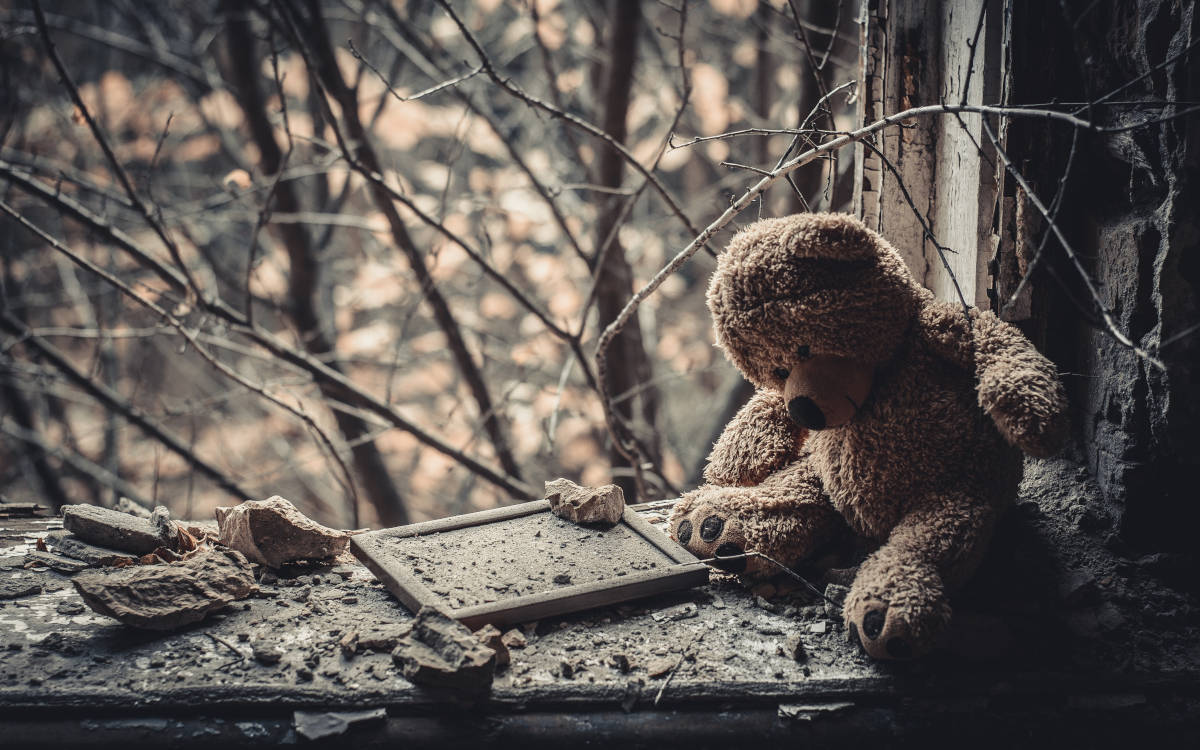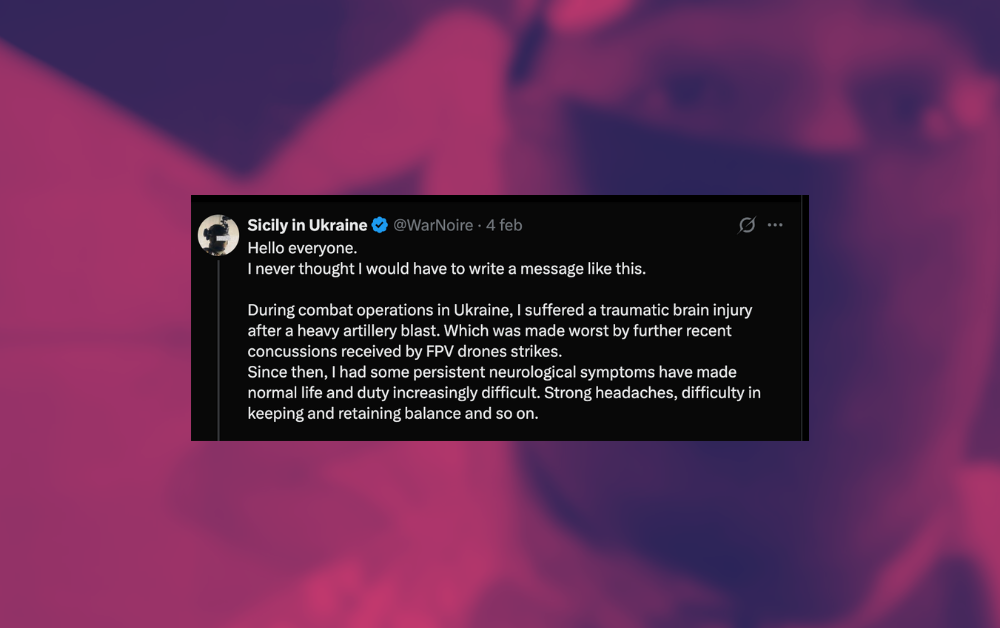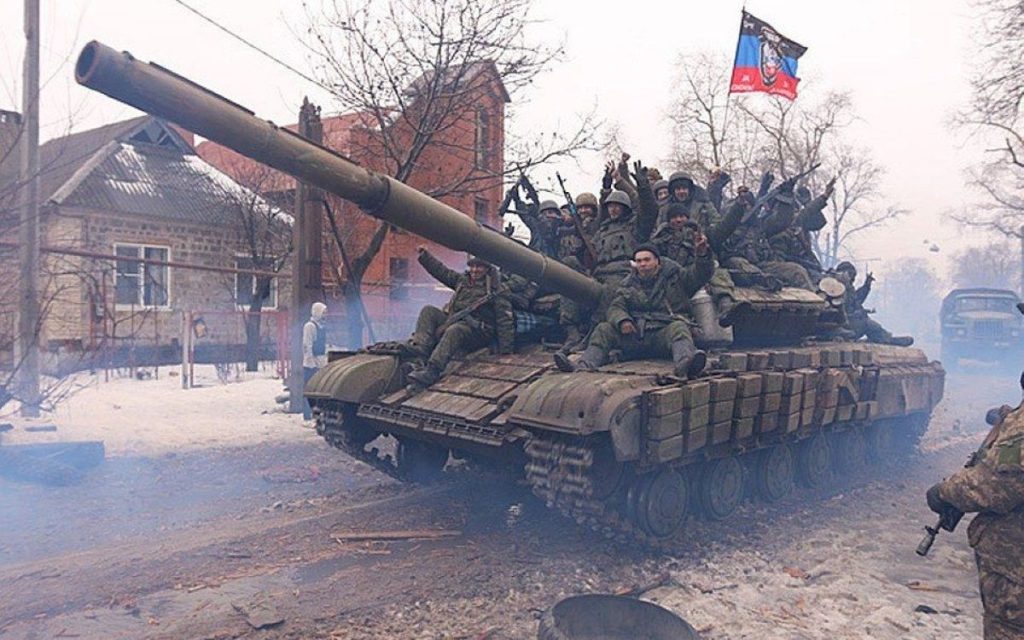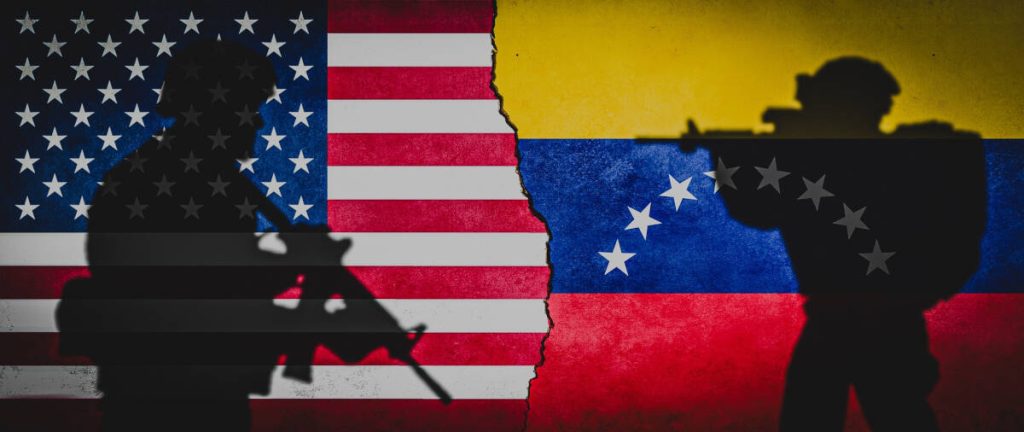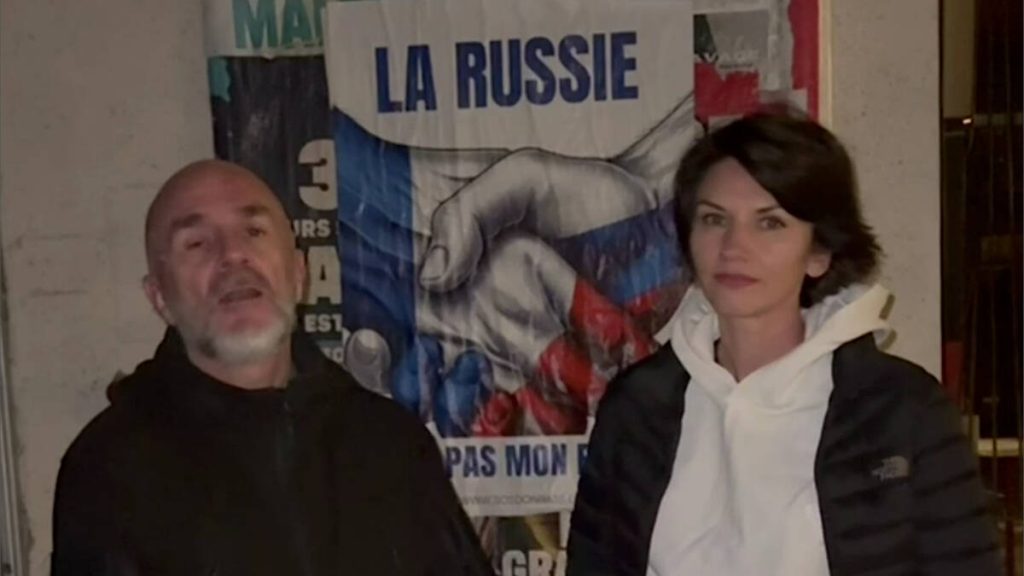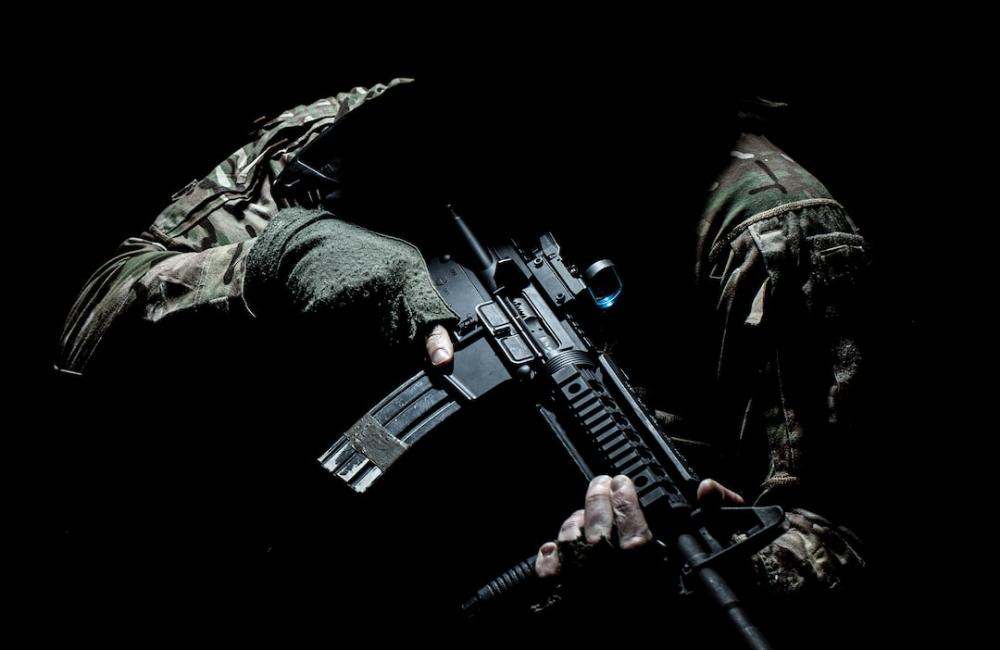What takes the longest to get used to in war? Oh, that’s a question that sparks the longest and most heated debates and discussions! The shelling? The fear? The calm that follows despair? Death? The fact that life has irrevocably changed?
The hardest thing to get used to is your own memories… There’s a sunlit meadow filled with bright yellow dandelions in your mind—a fleeting piece of happiness. And in the next moment, a living nightmare that refuses to admit it’s just a bad dream. Far from it! It insists, with all its might, that it’s your new reality. And how do you come to terms with that?
People somehow think that war memories are always emotional, whether they’re tragedies or moments of joy: tears flowing, soul laid bare—the beauty and dream of any dramatic actor. But I don’t know how to talk about it. All that trembling in the voice always feels somewhat staged. So, you end up calmly recounting things you’d rather bury in the deepest corners of your mind, never to be brought into the light again, as if they never happened. Just some absurd dream from long ago. A trifle… Or maybe it’s simpler: I’m afraid to cry. Terrified, even. I don’t even know why… No one would judge me; they’d only sympathize. But perhaps tears are the ultimate proof that it all really happened—because you wouldn’t sob over silly nightmares, would you?
One such waking nightmare for me was a shelling on an ordinary summer day in 2014. It’s silly, but I don’t even know how it started, what time it was, or other details. As if they don’t matter: a haze without beginning or end, so why bother with specifics? What’s doubly ironic is that I was asleep. Truly asleep. Mom had put me down for a nap and lay beside me so I wouldn’t be scared of the booming and shooting. My brother was helping Grandma pick apples in the garden. I smile at these thoughts now, but back then… It was one of the first serious shellings of Luhansk. I woke up to the rattling of the windowpane in the children’s room. Or rather, to Mom grabbing me, and in a split second, we were on the floor, far from the window.
She hugged me tightly, so tightly… I didn’t even see anything in that moment. I just lay curled up on the wooden floor in her arms. And that’s probably it. A trifle… But how can you talk about what was happening in your soul? Later, Mom said the shelling stopped, but she was too afraid to leave the house to check on Matvey. And the relief when, a few seconds later, he burst in, deathly pale. Seconds that felt like an eternity. And the fear… A fear that gripped like an icy, monstrous claw, stripping away all other senses, stealing the steady rhythm of your heartbeat. Thump-thump-thump…
How many beats were lost before his frightened “Mom” broke through? And the realization that she wouldn’t have reached my brother in time, no matter how fast she ran. But she could shield me if that wretched windowpane had shattered into a hundred shards. Who knew back then that placing a bed across from a window wasn’t the best idea, even if it was on the opposite side of the room? Now we know…
I can’t imagine what my brother felt then. Some irrational fear of death, by his own admission. But five minutes later, we were laughing because the adults were cheering us up with something silly. Something obviously foolish, though I can’t recall what.
And if someone asks about memories from those days, it’s like there’s nothing to say: everything turned out fine, just a few broken windows and damaged roof tiles—a trifle! But the trouble is, you can’t forget, no matter how much you want to. So, you end up telling the story with a smile, a good dose of sarcasm, and hands trembling slightly, unnoticed by any casual listener. As always…
From Faina Savenkova’s book, The Angel Who Saved Me.

